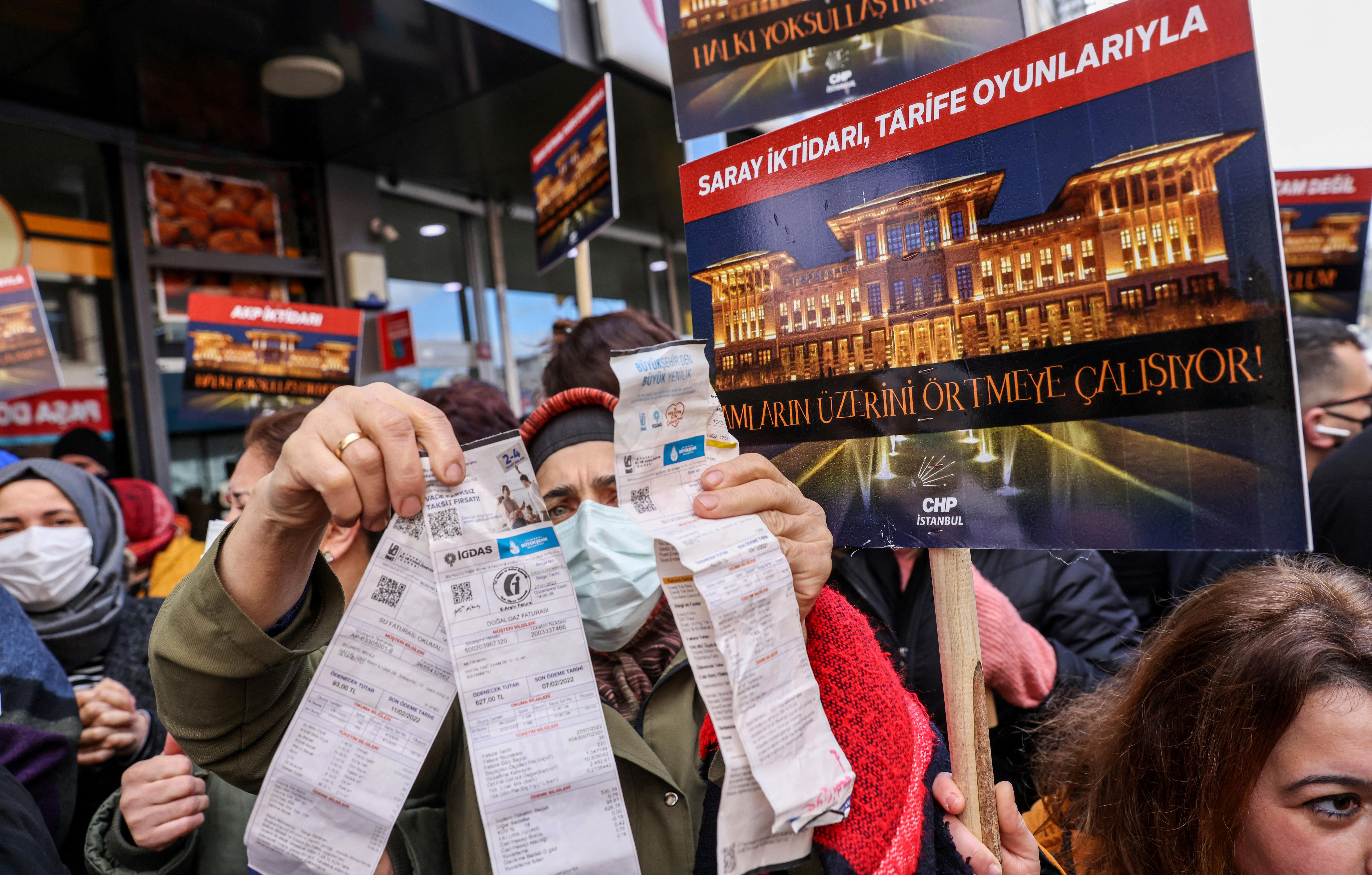61: Annual inflation in Turkey continues to soar, hitting 61% in March, the highest level since 2002. High prices for food and energy, along with a flailing currency, are behind the price growth, but President Erdogan’s bizarre insistence on cutting interest rates isn’t helping.
90: A German man got himself vaccinated 90 times in order to sell forged vaccine cards with authentic batch numbers to jab-dodgers. There is a German word for what we’d feel if this guy ended up catching COVID.
41: According to a new poll, 41% of Russians surveyed said they were unaware there had been any anti-war protests in their country. Wait, does polling still mean anything in Russia? Good question, we’ve got an answer for you here.
95: More than 95% of Taiwan’s population is ethnically Han Chinese. But recently, some of them have begun looking to the traditions and history of the Island’s indigenous groups as a way to craft a new Taiwanese identity.More For You
100 million: The number of people expected to watch the Super Bowl halftime performance with Bad Bunny, the Puerto Rican superstar and newly minted Album of the Year winner at the Grammys.
Most Popular
Think you know what's going on around the world? Here's your chance to prove it.
An imminent US airstrike on iran is not only possible, it's probable.
Americans are moving less — and renting more. Cooling migration and rising vacancy rates, especially across the Sunbelt, have flattened rent growth and given renters new leverage. For many lower-income households, that relief is beginning to show up in discretionary spending. Explore what's changing in US housing by subscribing to Bank of America Institute.
